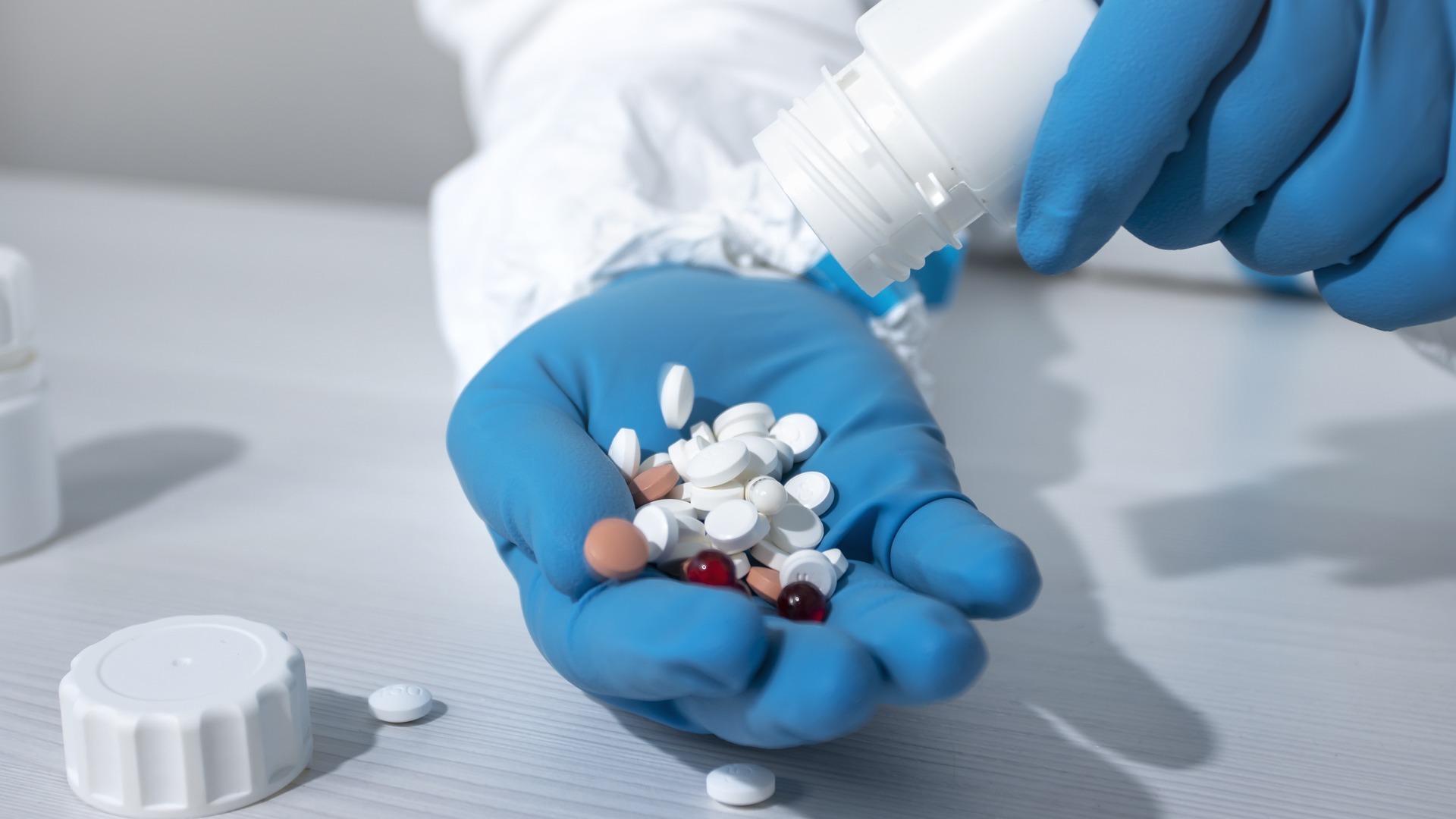Sleep paralysis (SP) is a condition in which the body is paralyzed (except for the eyes and lungs) while fully conscious, usually upon falling asleep or waking up. SP can occur as a symptom of sleep disorders, such as narcolepsy or sleep apnea. If there is no underlying condition, doctors term the phenomenon “recurrent isolated sleep paralysis.”
SP is one of the phase states, which also include lucid dreams, out-of-body experiences, etc. However, due to the (often frightening) hallucinations that accompany SP, some people are afraid of such episodes and wish to get rid of them. Therefore, while doctors don’t necessarily consider sleep paralysis a disease in and of itself, they do view it as a problem that needs to be solved.
Two doctors of medicine from the University of California, Los Angeles—Susie Fong and Abigail Maller—presented an SP treatment program based on the example of their patient. As the authors note, SP is a benign condition, but can cause stress and fear, especially when a person associates these episodes with beliefs in demons or ghosts.
The first step of the treatment program was to eliminate the cause of SP. In this case, it was necessary to normalize the patient’s sleep routine (the woman worked night shifts and, as a result, her sleep was irregular and partially during the daytime). Other causes of SP may be supine sleep, alcohol, and anxiolytic medications, however these were irrelevant to this particular patient. After her first visit to the clinic, she changed her work schedule to a more standard one. Following this change, the episodes of SP preserved, but with lower frequency.
Then she was prescribed a 35 mg daily dose of the antidepressant venlafaxine XR. Once she started taking the medication, the sleep paralysis attacks ceased. Other popular antidepressant options for the treatment of SP are clomipramine, imipramine, protriptyline, desmethylimipramine, fluoxetine, and femoxetine.
Have you ever tried a treatment for one of the phase states?
The article was published in October 2022 in the journal Proceedings of UCLA Health.
Drugs and plants may have side effects and should only be used in consultation with a doctor. This article does not call for independent experiments.
Get all the latest news about lucid dreams via our channels on Telegram, Instagram, Facebook




